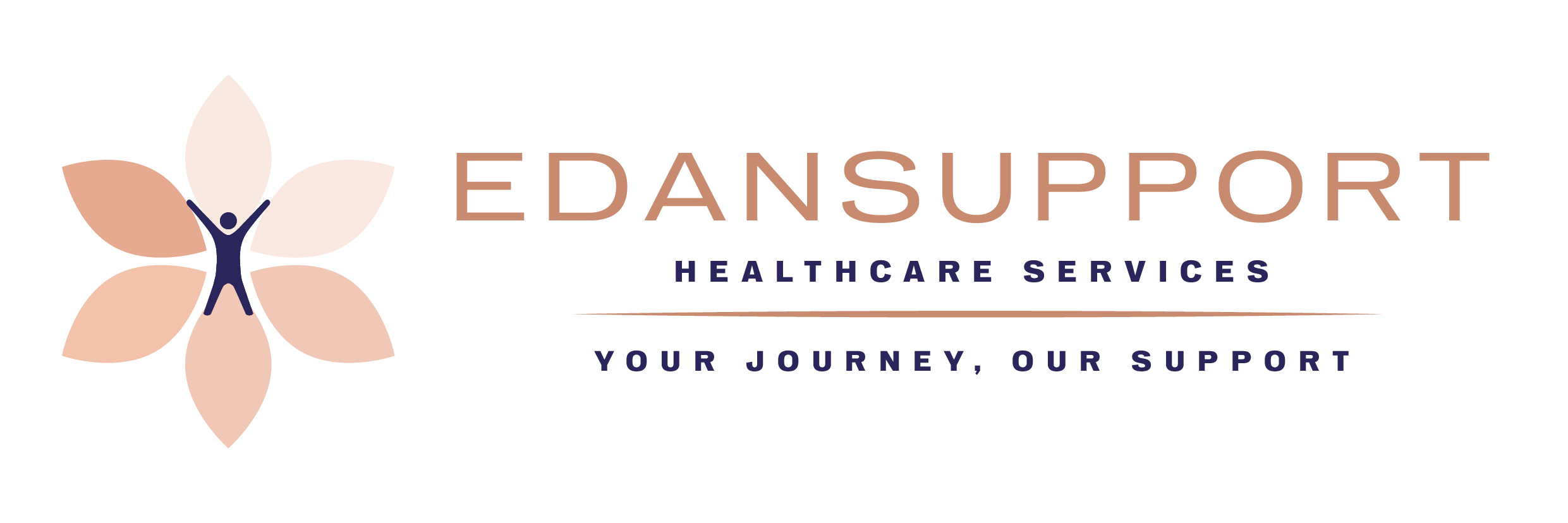Services
What is Person-Centred Care?
Person-centred care is a holistic approach that places the individual at the centre of their care, focusing on their unique needs, values, and preferences rather than solely on their condition. This approach aims to enhance well-being, improve outcomes, and ensure satisfaction by involving individuals in their care decisions and respecting their autonomy.
By treating each person with dignity, empathy, and compassion, person-centred care recognises the uniqueness of every individual. Healthcare providers listen attentively, tailor treatments to personal circumstances, and provide personalised support. Clear communication, shared decision-making, and collaboration between patients, families, and professionals are key elements, fostering a partnership that empowers individuals to take an active role in their care journey.

The Principles of Person-Centred Care
Person-centred care is grounded in key principles that ensure the patient remains at the heart of their care, fostering respect, collaboration, and holistic well-being. These principles provide a framework for delivering care that is both compassionate and effective.
Respect for Autonomy: Recognising and honouring each patient’s right to make informed decisions about their healthcare is central to person-centred care. This involves providing clear information, supporting their choices, and actively involving them in decisions that align with their values and preferences.
Individualised Care: Every individual is unique, with specific needs, values, and beliefs. Person-centred care tailors treatments and care plans to the person’s circumstances, considering cultural, personal, and lifestyle factors to create a truly personalised approach.
Collaboration and Partnership: Building a partnership between healthcare providers, patients, and their families is essential. Person-centred care values the patient’s input and perspective, fostering open communication and teamwork among all parties to ensure coordinated and seamless care.
Holistic Approach: Health extends beyond physical well-being. Person-centred care addresses emotional, psychological, and social needs alongside medical treatment, ensuring the individual’s overall well-being is supported.
Continuity of Care: Consistency is crucial in person-centred care. This involves providing seamless care across different healthcare settings and maintaining clear communication between providers to ensure the patient receives coordinated support throughout their healthcare journey.
By embracing these principles, person-centred care ensures that individuals are treated with dignity, compassion, and respect, creating a healthcare experience that is empowering, inclusive, and deeply effective.


How Person-Centred Care Improves Patient Outcomes
Person-centred care significantly enhances patient outcomes by fostering active participation, personalised support, and holistic well-being. Here are key ways this approach improves health and satisfaction:
Improved Treatment Adherence: Actively involving patients in their care plans leads to better adherence to treatments, fewer missed appointments, and a reduction in medication errors. By aligning care with individual preferences, patients feel more invested in their health.
Better Chronic Disease Management: For individuals with chronic conditions, person-centred care provides tailored support and education, enabling effective long-term management. This approach helps patients achieve better control over their conditions, leading to improved quality of life.
Enhanced Preventive Care: Person-centred care emphasises proactive health measures, such as screenings, vaccinations, and lifestyle adjustments. By involving patients in preventive care decisions, healthcare providers help them make informed choices that reduce the risk of chronic diseases.
Reduced Hospital Readmissions: Clear communication and continuity of care in person-centred approaches ensure seamless transitions between healthcare settings. This reduces hospital readmission rates, particularly for patients with complex care needs or chronic illnesses.
Improved Patient Education: By equipping patients with knowledge and resources, person-centred care empowers individuals to actively manage their health. Increased health literacy and self-management skills lead to more confident decision-making and better outcomes.
Person-Centred Care in Long-Term Care Facilities
Implementing person-centred care in long-term care facilities offers significant benefits, such as improved patient well-being and satisfaction. However, challenges and limitations may arise:
Time Constraints: Busy healthcare settings can limit the time available for meaningful patient engagement. Efficient time management and prioritising patient interactions are essential to overcome this challenge.
Organisational Culture: Shifting from provider-centric to person-centred care may require a cultural transformation within healthcare organisations. Strong leadership and staff commitment are crucial for fostering this change.
Limited Resources: Resource constraints, such as staffing, training, and infrastructure, can hinder person-centred care implementation. Creative solutions, resource allocation, and investment in training programmes can address this issue.
Patient Expectations and Preferences: Diverse and sometimes conflicting patient preferences can pose challenges. Open communication and shared decision-making help align expectations and ensure personalised care plans.
Measuring and Evaluating Outcomes: Traditional metrics may not fully capture the impact of person-centred care on patient experiences. Developing meaningful evaluation strategies is essential for demonstrating its value and driving continuous improvement.
Access our expert healthcare services today. Call us at 0121 389 2926 or email us at hello@edansupport.co.uk .



